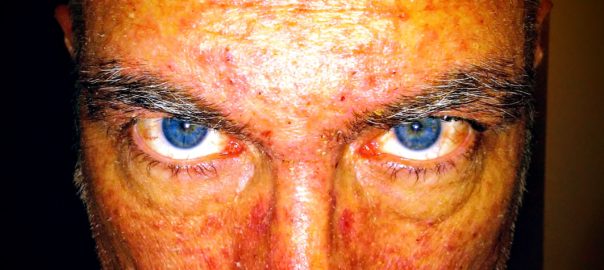One of the hardest things many chronically ill patients face is that moment when they realize they must ask for help. Why is that so hard? We live in a society that values self-reliance to the point, one might argue, that it becomes dogmatic. If you require assistance, you’re a taker. Everyone should be self-sufficient — or at least privileged enough to be able to rely on assets they may or may not have truly earned. But clearly, we cannot all be that fortunate, and certainly not all of the time. Reaching out for help should not be stigmatized. And one way to normalize the process is simply by practicing.
Another Month, Another Challenge
It is time for my monthly Self- Care Challenge, as an ambassador for the Health Storylines self-care program. This month, the challenge is to Just Ask. Every day, without being gratuitous, find something that you genuinely need assistance with and ask for it. Continue reading Self-Care Challenge: Just Ask
